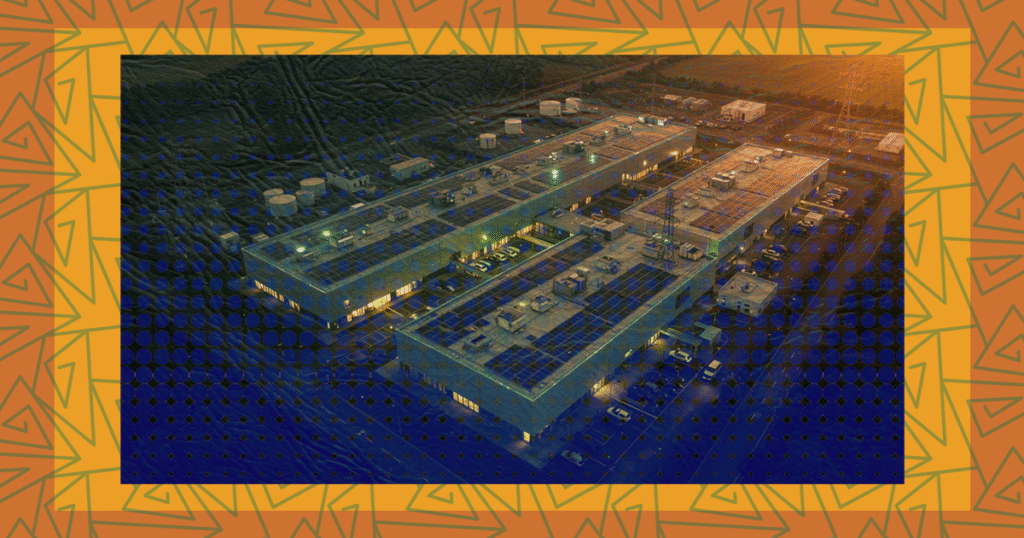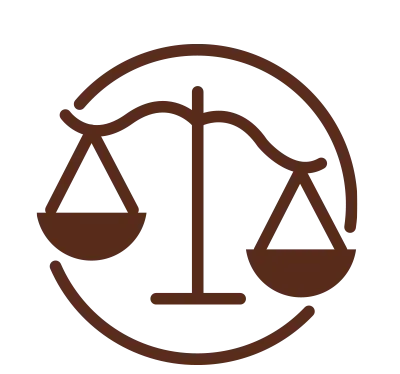My name is Rev. Mac Legerton. I serve as Co-Director of the Robeson County Cooperative for Sustainable Development (RCCSD).
I’m here today to sound the alarm about NC’s 30-year energy plan, confusingly named the NC Carbon Plan. Based on its costly and harmful, massive expansion of methane-based natural gas, nuclear energy, and industrial-based solar operations with massive transmission lines, the plan of Duke Energy, already approved by the NC Utilities Commission, is one of the worst, if not the worst, state energy plans being implemented by a private utility in the United States.
With federal and state energy policy now incentivizing plans such as that of Duke Energy, what do we do in NC? What do we do?
With a massive, well-organized, connected, on-the ground, local, community-based organizing approach across our state, we can sound the alarm and advocate for a better, cheaper, more reliable and less harmful approach to our energy future.
We need to combine extensive new research that documents and compares the cost of Duke Energy’s plan and contrast it with a plan that engages all 100 counties in taking responsibility for this needed rapid shift to clean, safe, authentic, and cheaper renewable energy sources.
Perhaps we need to call for a moratorium on all new natural gas, nuclear, and industrial solar farms and transmission lines, including those that have been approved but not certified or permitted, until such time as there is large-scale public debate, discussion and engagement of all 100 counties in determining our energy future.
Perhaps we need to call for a moratorium until the public is informed where all of the planned massive natural gas, nuclear, and industrial solar facilities and extensive transmission lines are to be sited. Without this change, we will never be able to analyze and compare the full cost of Duke Energy’s plans and impact on communities with other approaches, including ones that utilize extensive solar and thermal power with the use of local and regional microgrids.
Unbeknownst and unrecognized by many, the decisions regarding our energy future in NC that have already been made and are being made over the next 18 months, and its impact on our racially diverse, low-income rural and urban communities, is the #1 justice issue across our state today.
Why are the locations of proposed facilities not disclosed in Duke Energy’s proposals to the Commission?
I asked this question on a Duke Energy webinar this year and a Duke official stated: “We save this information for the ‘execution’ phase”. So, they intentionally do not provide this information because they don’t want communities knowing where they are planning on siting them because once the Utilities Commission approves their plan, all the certificates of need and permits are basically guaranteed to be approved by the Commission and the Department of Environmental Quality. No certificate of need or permit related to a facility already approved in the Carbon Plan has ever been denied by the Utilities Commission or the NC Department of Environmental Quality.”























